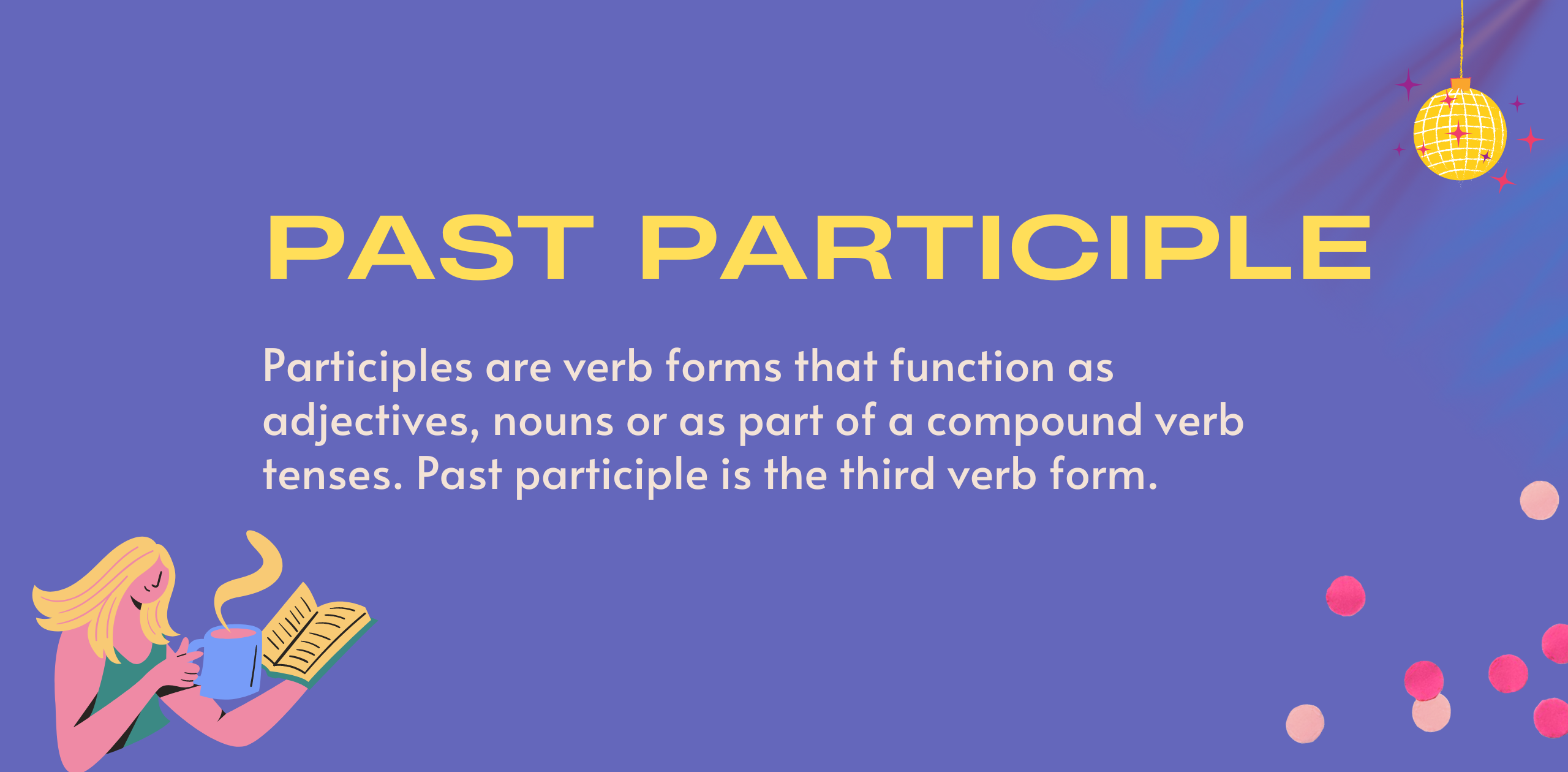
Past Participle in English Regular and Irregular Verbs Langster
The past simple and the past participle of make. Conjugation of the verb make: Base Form/Infinitive without 'to': make. Past Simple: made. Past Partciple: made. Present Partciple: making. Third Person Singular: makes. Definition: 1. To produce something. 2. To cause something. 3. To perform an action.

Simple Past Tense of Make LiamqoOlsen
Make is the present tense, and made is the past tense, and past participle form of make. Last updated on October 31st, 2023 at 03:20 pm Past tense of make in sentences. Make / making / made in text conversation. Contents What's the past tense of make? Make or made? Verb conjugations of make: Examples of the word make used in sentences
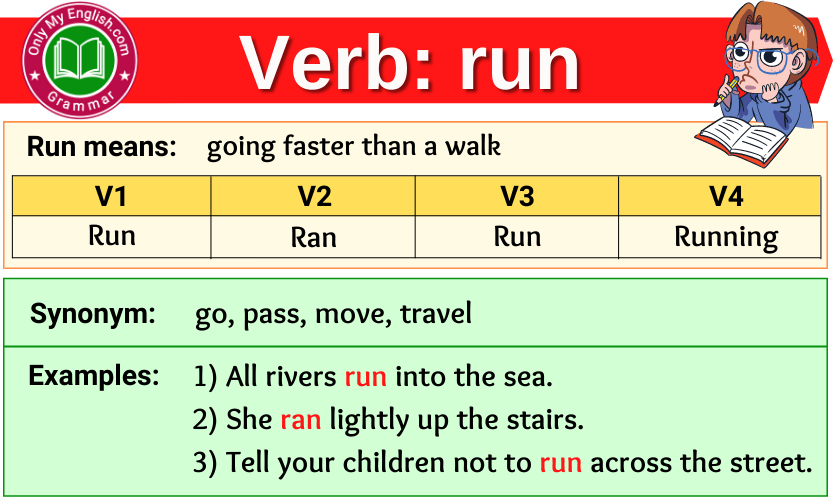
Run Verb Forms Past Tense, Past Participle & V1V2V3 »
Verb [ edit] make (third-person singular simple present makes, present participle making, simple past and past participle made or (dialectal or obsolete) maked) ( transitive) To create . To build, construct, produce, or originate . Synonyms: fabricate; see also Thesaurus: build. We made a bird feeder for our yard.
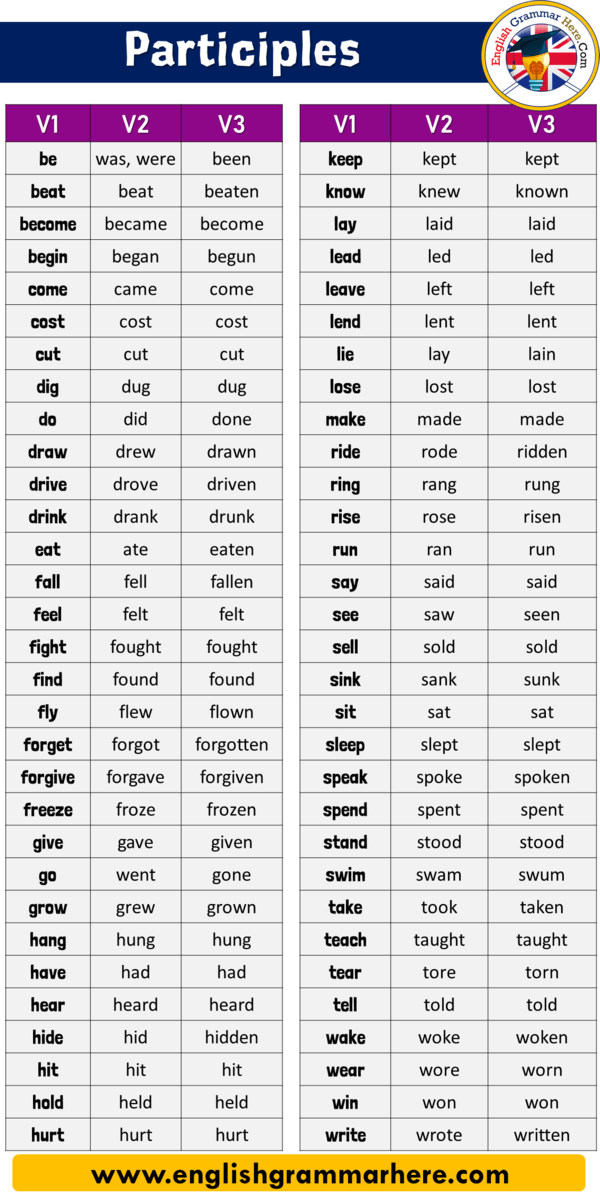
Present, Past, Perfect Participles Definition and Examples English
to make Preterite made Past participle made Modelo : make Auxiliar : have, be Otras formas: make oneself / not make Contracciones Publicidad Indicative Present I make you make he/she/it makes we make you make they make Preterite I made you made he/she/it made we made you made they made Present continuous I am making you are making

Participial Phrase Definition and Useful Examples of Participial
What is the past tense of the word "make" The past tense (past participle) form of "make" is "made." The infinitive of the word form is "make." The present participle form is "making." The past tense form is "made" and past participle form is "made." Understanding verb tenses The general grammar rules that govern past tenses are as follows.

Pin on English World
From Longman Business Dictionary make1 /meɪk/ verb (past tense and past participle made /meɪd/, present participle making) 1 [ transitive] to produce something by working or by using industrial processes The company makes and sells pumps and motors. a label on the toy read ' made in Taiwan' 2 to earn or get money The purpose of this.
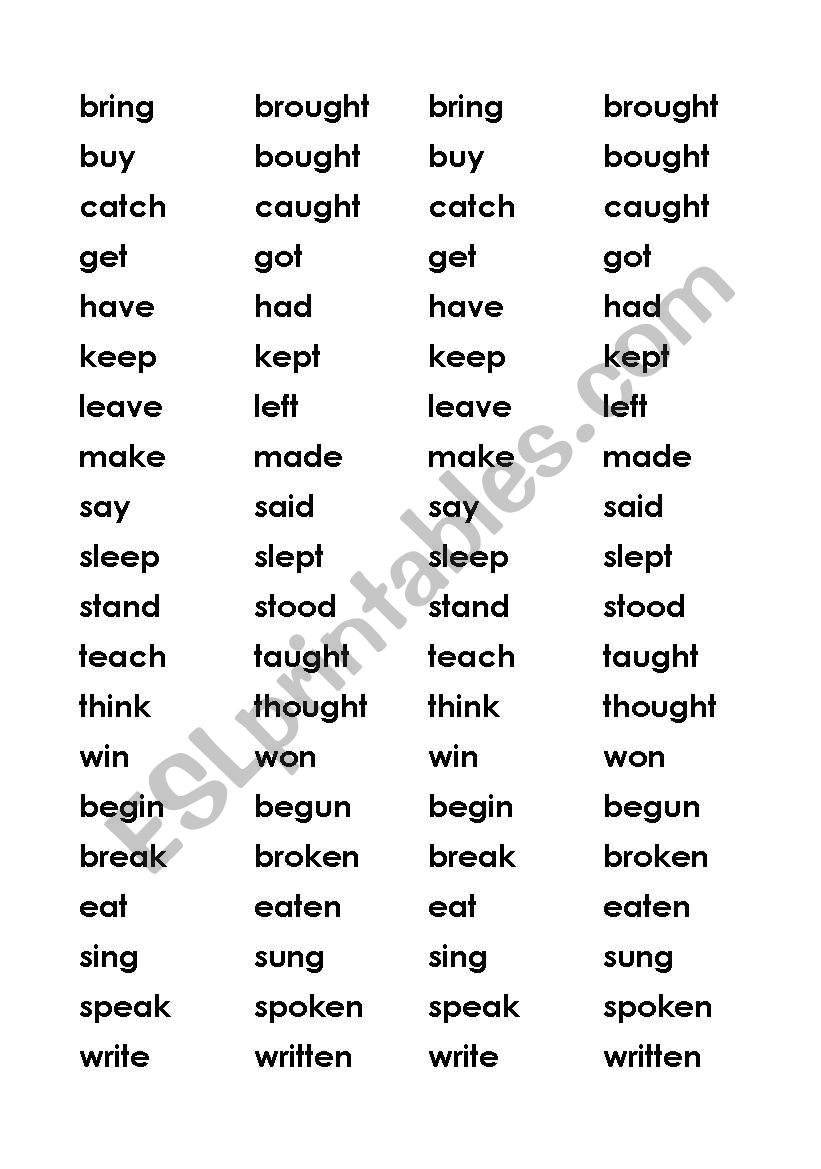
English worksheets Past Participle Make Pairs
ˈmād 1 a : fictitious, invented a made excuse b : artificially produced c : put together of various ingredients a made dish 2 : assured of success a made man usually used in the phrase have it made Word History Etymology Adjective Middle English, from past participle of maken to make First Known Use Adjective

English Is Easy Past Participle...
Conjugate the verb make in all tenses: present, past, participle, present perfect, gerund, etc.

Aterrador Alinear Ojalá past participle en ingles Personas mayores años
Past participle made Model : make Auxiliary : have, be Other forms: make oneself / not make Contractions Advertising Indicative Present I make you make he/she/it makes we make you make they make Preterite I made you made he/she/it made we made you made they made Present continuous I am making you are making he/she/it is making we are making

Past Participle Adalah Kata Kerja yang Perlu Diketahui D FRAME WORKS
The verb "make" is an irregular verb. (This means that "make" does not form its simple past tense or its past participle by adding "-ed" or "-d" to the base form.) The Five Forms of "To Make" "To Make" in All the Tenses The tables below show how "make" conjugates in the past, present, and future tenses. Past Tenses Present Tenses Future Tenses
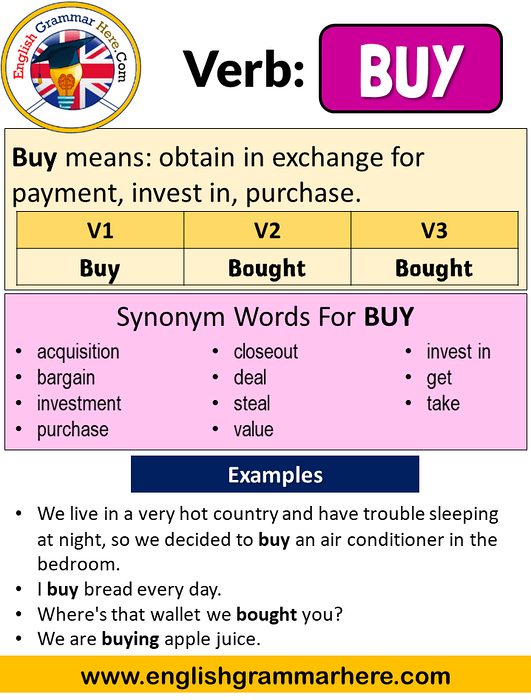
past participle buy Differbetween
Making Biscuits. GraphicaArtis / Getty Images By Kenneth Beare Updated on January 21, 2020 This page provides example sentences of the verb "make" in all tenses including active and passive forms, as well as conditional and modal forms. Each verb tense is followed by a sample sentence. Quiz: Conjugate With Make

Lesson 236 Three Ways To Use ‘Been’, The Past Participle Of ‘To Be
The English verb 'make' is pronounced as [meɪk]. Related to: irregular verbs. 3 forms of verb make: Infinitive (make), Past Simple - (made), Past Participle - (made).. Here are the past tense forms of the verb make. 👉 Forms of verb make in future and past simple and past participle. What is the past tense of make.
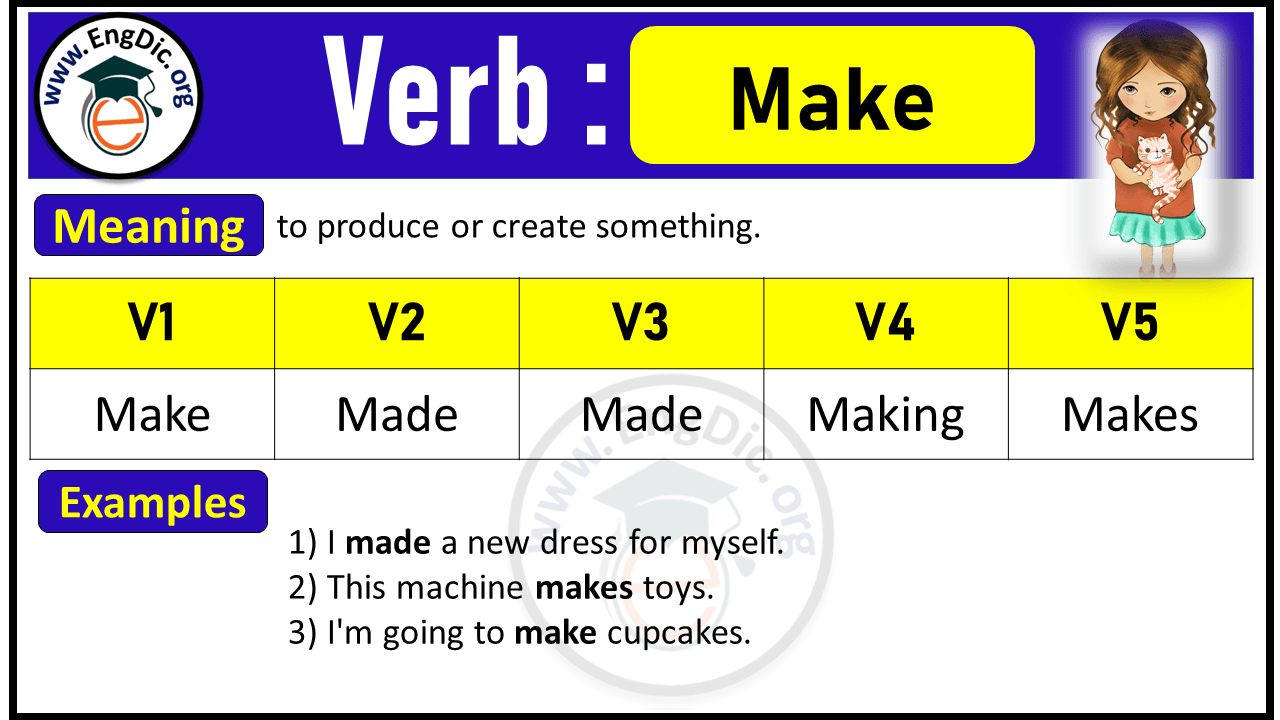
Make past tense Archives EngDic
What is the past participle of Make? What is the present participle of Make? How to conjugate verbs with the verb Make? Let's find English tivi in the article below. See more at: Verbs Table of Contents Make of Definition and Meaning V1 V2 V3 V4 V5 Form of Make Make of Past Simple V2 Make of Past Participle V3 Conjugation of Make V1 V2 V3 V4 V5
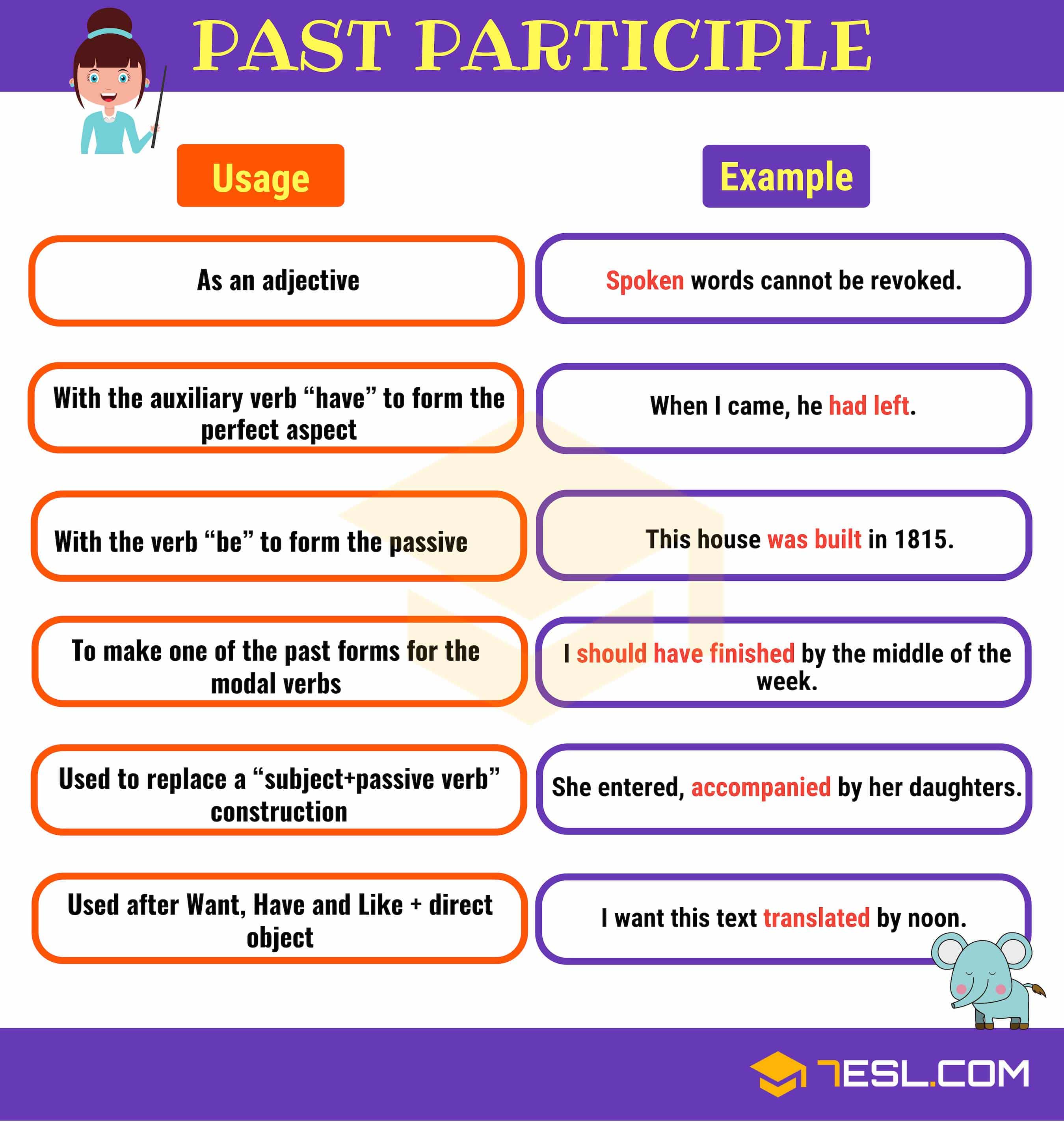
Past Participles Effortless English
⚡ Conjugation of the English irregular verb, past tense : 茶 make made made - LEARN IV.com Learniv.com > en. The past participle is one of the most important parts of English grammar. It's used to express perfect tenses and to form the passive voice. It's also a useful tool for writing sentences that describe actions that started in.

Nap Past Simple, Past Participle, V1 V2 V3 Form of Nap English Vocabs
V3 Past Participle V3 is the same as V2 and is used as ' made '. The 'made' shape is used if Past Perfect Tense or Present Perfect Tense is involved. Of course, in addition to this, their use is also available, and you can also find them in our other narrative articles.
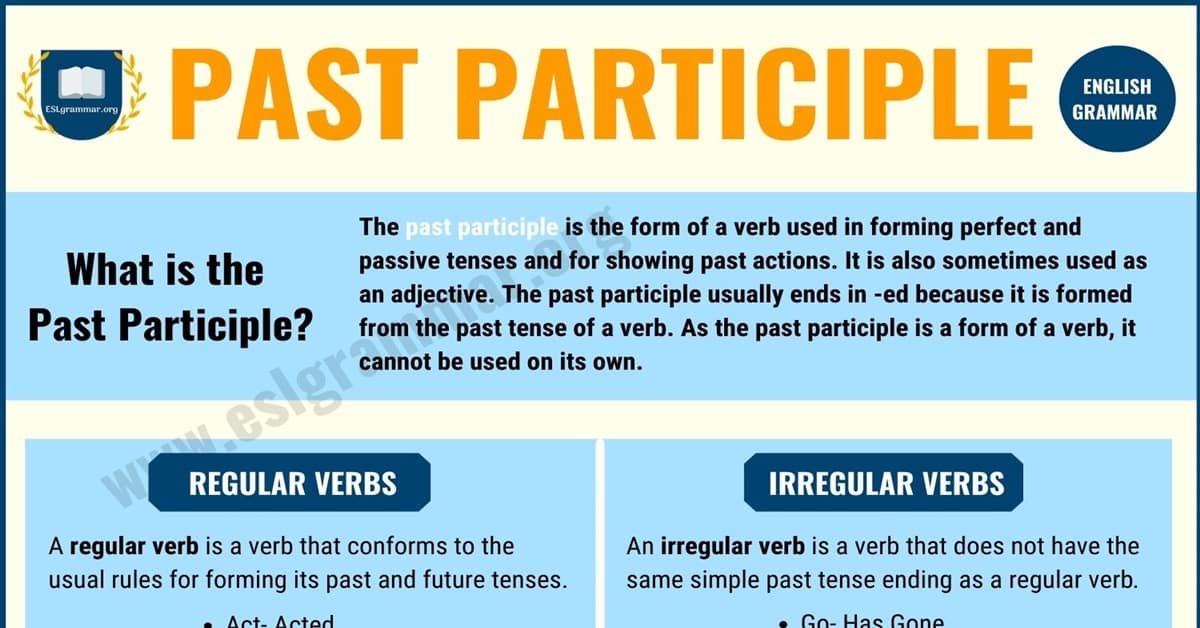
caustic minim Brad noun past participle Comemorativ longitudine podea
Made is the past participle of the word make. 00000 verb forms V1 V2 V3 V4. Infinitive Past Simple Past Participle Present Participle; Make: Made: Made: Making: Conjugation of Make. Simple / Indefinite Present Tense: I make a cake. He/She/It makes a cake: You/We/They make a cake. Simple Past Tense: